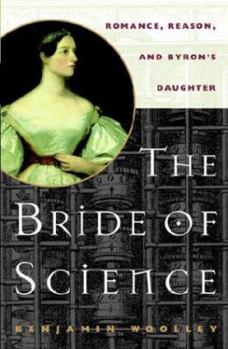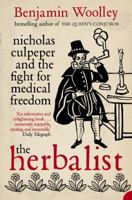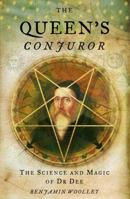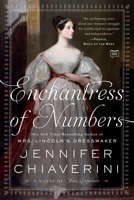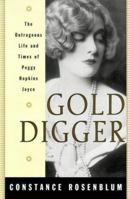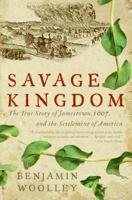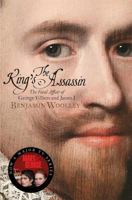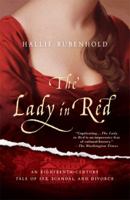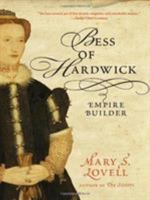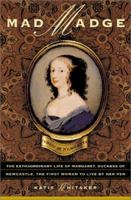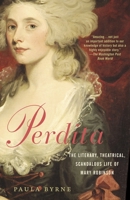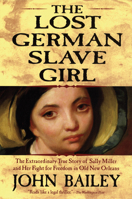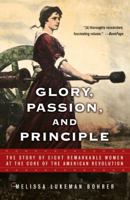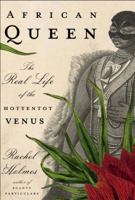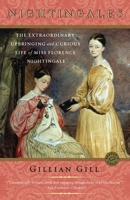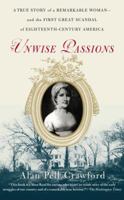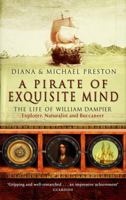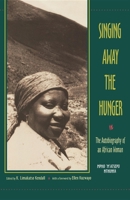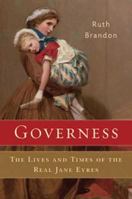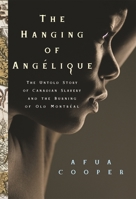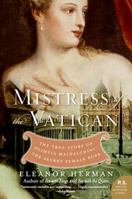The Bride of Science: Romance, Reason, and Byron's Daughter
Select Format
Select Condition 
You Might Also Enjoy
Book Overview
Related Subjects
Biographical Biographies Biographies & History Biography & History Business & Management Computer Science Computers & Technology Education & Reference Experiments, Instruments & Measurement Historical History Literature & Fiction Math Mathematics Modern (16th-21st Centuries) Professionals & Academics Programming Programming Languages Science & Math Scientific Instruments Scientists Software Design, Testing & Engineering Software Development Specific Groups WomenCustomer Reviews
Rated 4 starsWindow into early nineteenth century England
More than just a biography of Ada Lovelace Byron, this is a narrative of the social setting of early 19th century England. In the span of under 4 decades of Ada's life, Charles Babbage had demonstrated his Difference Engine with a working model, created the design for his Analytical Engine, many scientists were performing experiments related to electricity and magnetism, and some were dabbling in their relationship to the...
0Report
Rated 5 starsMistress of The Idea of Computation
We will forever wonder if Charles Babbage could have given the computer age a jump start of a century. His brilliant designs for intricate and complicated calculating machines included the never-built Analytical Engine, which would have had a memory and a processor like our electronic versions, and would have run on punched cards, programmable and flexible enough to vary its routine through the If-Then steps familiar to any...
0Report
Rated 4 starsInteresting read
Romance and Byron certainly reign supreme in this book. Science, however, is lacking. A very interesting account of Byron and his brief marriage fills the first quarter of the book. His daughter, Ada, is the subject of the other three-quarters. The book uses Ada as a biographical example of the ever-more-intense clash between Reason (science, industry, etc) and Romance (poetry, religion, arts, etc). Ada seems to be unable...
0Report
Rated 4 starsScience and Poetry
Who better than Ada Byron can represent the turn from Romanticism to Victorian age in England? Ada, the heiress of the great poet Lord Byron has not only lived in such transitory epoch, but Passion and Science were running in her very own blood. She was brought up by her mother, Lady Byron, and initiated by her to mathematical and rational studies, everything that would keep Ada as far as possible from the tenebrous, ...
0Report
The Bride of Science: Romance, Reason, and Byron's Daughter Mentions in Our Blog

It's a day to reflect and be inspired women who've made a positive impact on the world.











